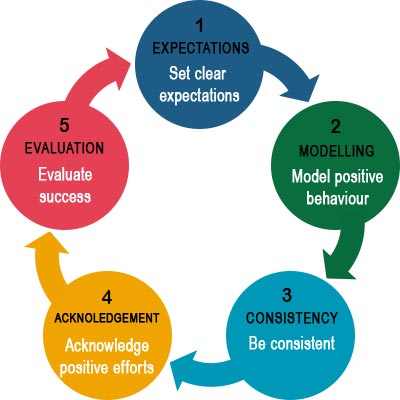Estimated reading time (in minutes)

Justifying Unpaid Invoices to Tax Authorities:-
Strategies & Support For SME/VSE managers, the end of the year can bring the challenge of unpaid invoices from customers. However, it is crucial to handle these situations effectively to justify these invoices to the tax authorities. Failing to do so can result in financial complications and potential legal issues. Here are some steps to consider:
-
Document and Communicate: Maintain thorough documentation of the invoices, including details of the products or services provided, payment terms, and any related correspondence. Communicate with your customers, reminding them of their outstanding payments and requesting immediate settlement.
-
Proof of Delivery: Gather evidence that confirms the delivery of goods or completion of services. This can include signed delivery receipts, service completion certificates, or any other relevant proof of performance.
-
Agreements and Contracts: Ensure that you have properly drafted and executed contracts or agreements with your customers, clearly outlining the terms of payment, due dates, and penalties for late payment. These documents can serve as important legal support if disputes arise.
-
Reminder Letters and Notices: Send formal reminder letters or notices to customers, clearly stating the outstanding amount, payment due date, and consequences of non-payment. Keep copies of these communications as evidence of your efforts to collect the payment.
-
Seek Legal Assistance: If the situation persists despite your efforts, consider seeking legal assistance from a qualified law firm specializing in debt recovery. They can provide guidance on legal remedies, negotiation strategies, and taking further action, if necessary.
Effective Steps for Recovering Unpaid Invoices:-
While justifying unpaid invoices to tax authorities is essential, the ultimate goal is to recover the outstanding payments. Here are some effective steps to put in place:
-
Professional Debt Collection: Engage the services of a professional debt collection agency or a law firm experienced in debt recovery. They have the expertise and resources to pursue the unpaid amounts on your behalf, increasing the chances of successful recovery.
-
Negotiation and Settlement: Attempt to negotiate a settlement with the delinquent customers. Explore alternative payment options, such as installment plans or discounts for immediate payment. This can incentivize customers to clear their dues while maintaining a working relationship.
-
Legal Action: If all attempts at negotiation fail, you may need to consider legal action. Consult with your legal advisor to assess the feasibility of legal remedies, such as filing a lawsuit or obtaining a judgment to enforce payment.
-
Credit Management: Strengthen your credit management practices by conducting thorough credit checks on potential customers before entering into contracts. Implement clear credit policies, including credit limits, payment terms, and credit monitoring processes, to minimize future instances of non-payment.
-
Review and Learn: Regularly review your invoicing and collection processes to identify any areas for improvement. Learn from past experiences and implement measures to prevent similar situations in the future.
In conclusion, SME/VSE managers facing unpaid invoices must take proactive steps to justify these invoices to tax authorities and recover the outstanding payments. Effective documentation, communication, and legal support are vital in this process. Additionally, implementing robust credit management practices and seeking professional assistance can increase the chances of successful debt recovery. Don’t hesitate to reach out to a specialized law firm to navigate these challenges and secure the payments you are owed.
